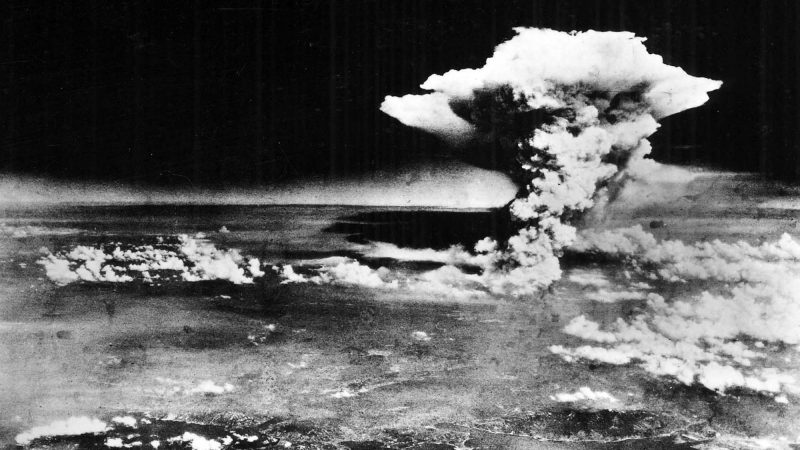
The bombings of Hiroshima and Nagasaki on August 6th and 9th, 1945, remain etched in history as moments of unparalleled destruction and moral complexity. These events, which brought a swift end to World War II, also ushered in the nuclear age, forever altering the landscape of global conflict and sparking intense ethical debate that continues to this day.
The decision to use atomic weapons was not made lightly. The war in the Pacific had been brutal and protracted, with both sides inflicting staggering casualties. The prospect of a full-scale invasion of the Japanese home islands loomed, promising a bloodbath of unimaginable proportions for both American and Japanese forces. Proponents of the atomic bomb argued that its use would save countless lives by avoiding this invasion, a utilitarian calculation that weighed potential future losses against the immediate devastation.
However, the ethical implications of unleashing such a destructive force on civilian populations remain a source of profound contention. The sheer scale of death and suffering caused by the bombings, the long-term effects of radiation, and the potential for future nuclear proliferation all raise serious questions about the morality of the decision. Critics argue that alternative strategies, such as a demonstration detonation or a continued conventional bombing campaign, should have been explored before resorting to such extreme measures.
Beyond the immediate consequences, the development and deployment of the atomic bomb highlighted the complexities of scientific progress and its potential for both immense good and unimaginable harm. The Manhattan Project, the secret undertaking that produced the bombs, involved a massive mobilization of scientific talent and resources, showcasing the power of collaboration and technological innovation. Yet, it also revealed the potential for science to be harnessed for purposes that defy ethical boundaries.
The legacy of the atomic bombings continues to shape international relations and global security. The development of nuclear weapons initiated an arms race that threatened the very existence of humanity, while also leading to international efforts to control and limit the spread of these devastating weapons. Understanding the history of the atomic bomb, its creation, and its use is crucial to navigating the complex challenges of the 21st century, ensuring that such devastating events are never repeated.
The debate surrounding the atomic bombings is far from settled. It serves as a stark reminder of the profound moral dilemmas inherent in warfare and the enduring responsibility of humanity to grapple with the consequences of its actions.










